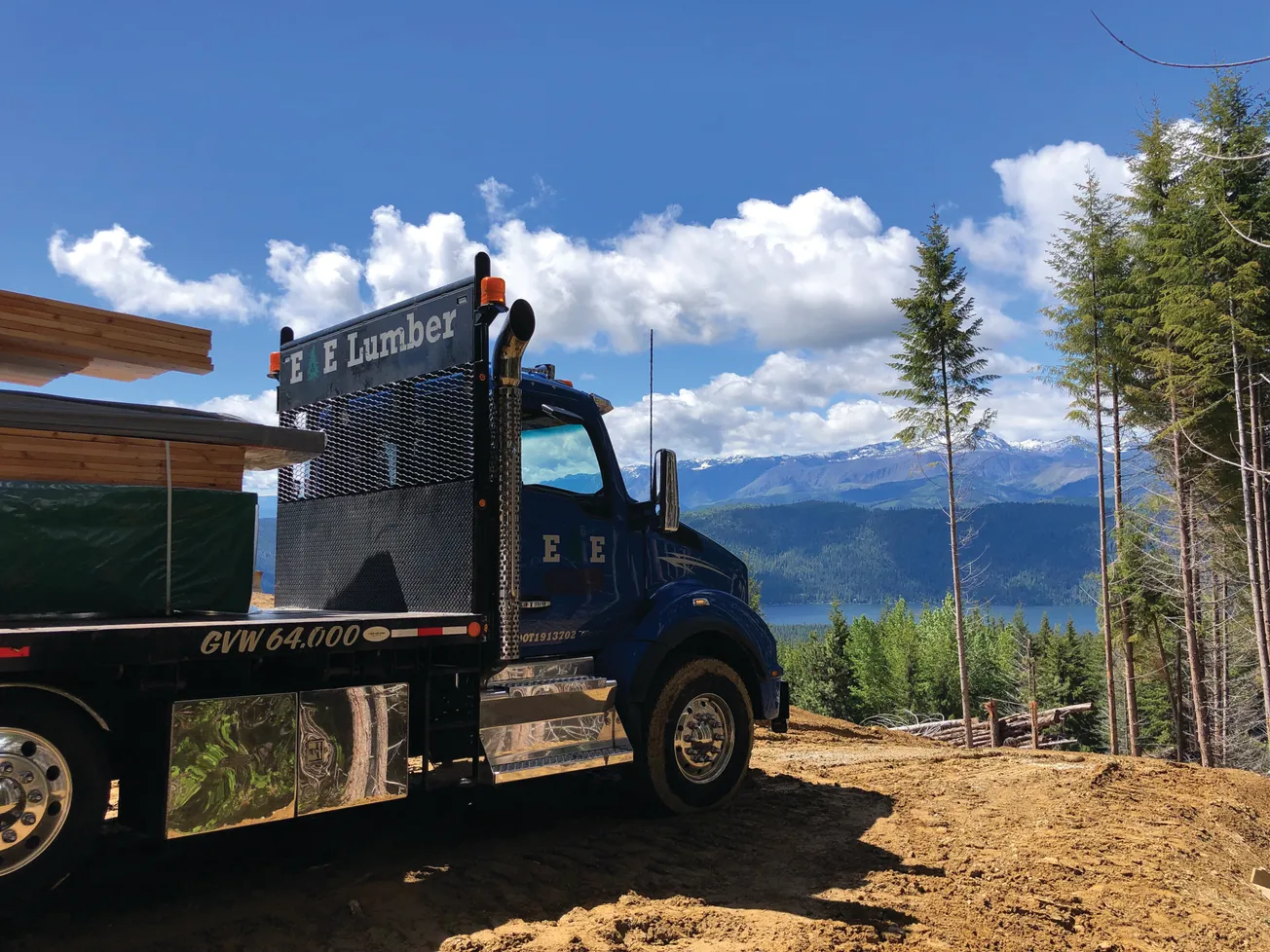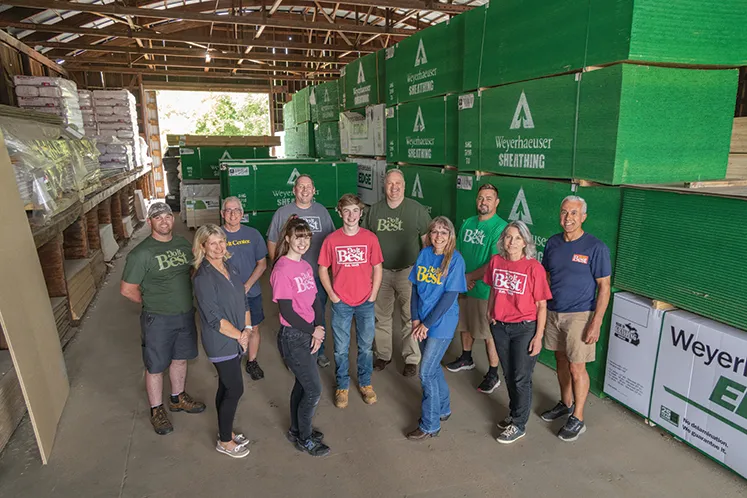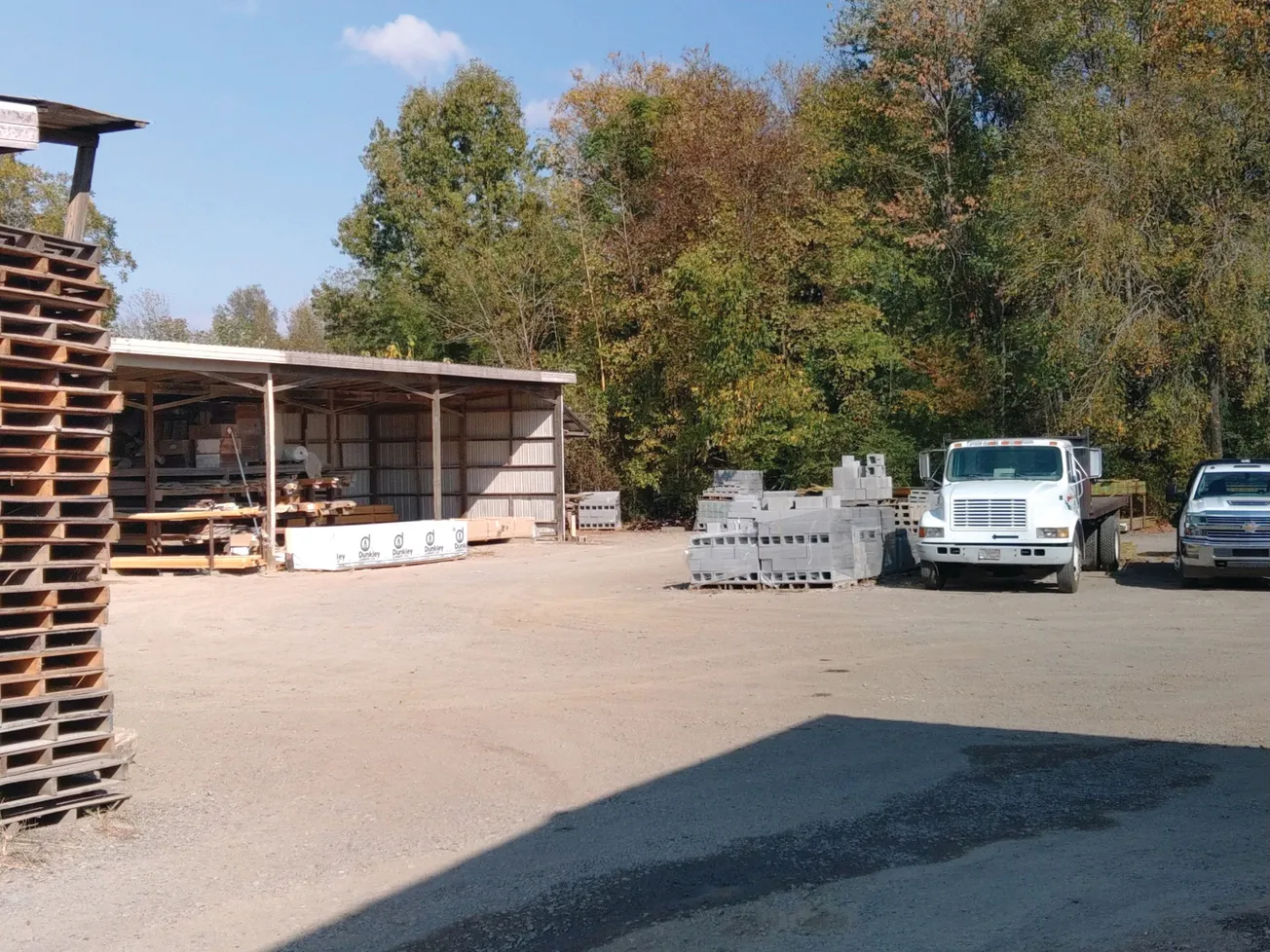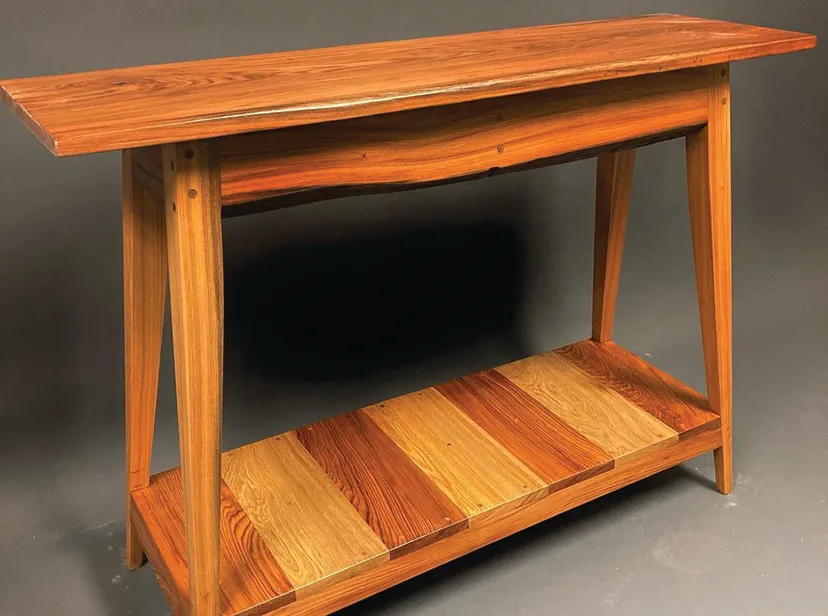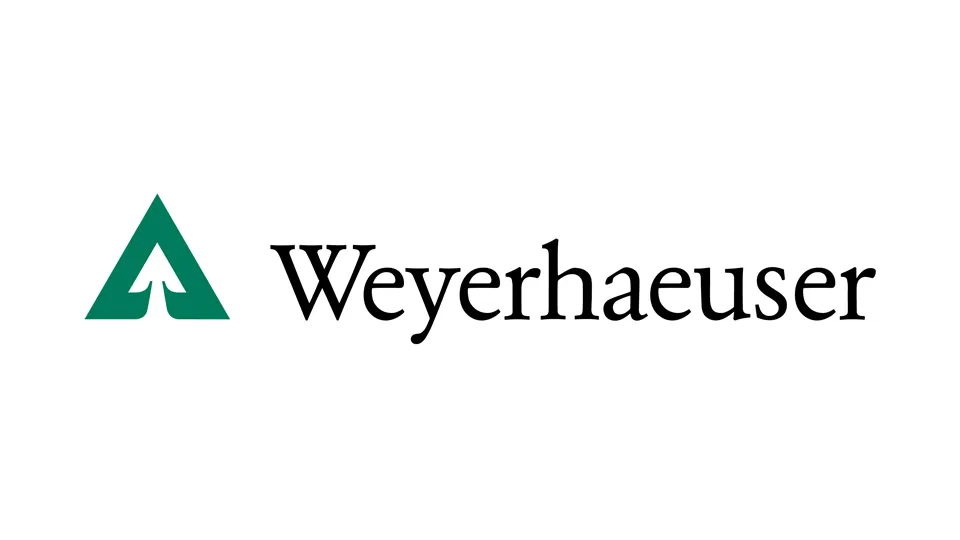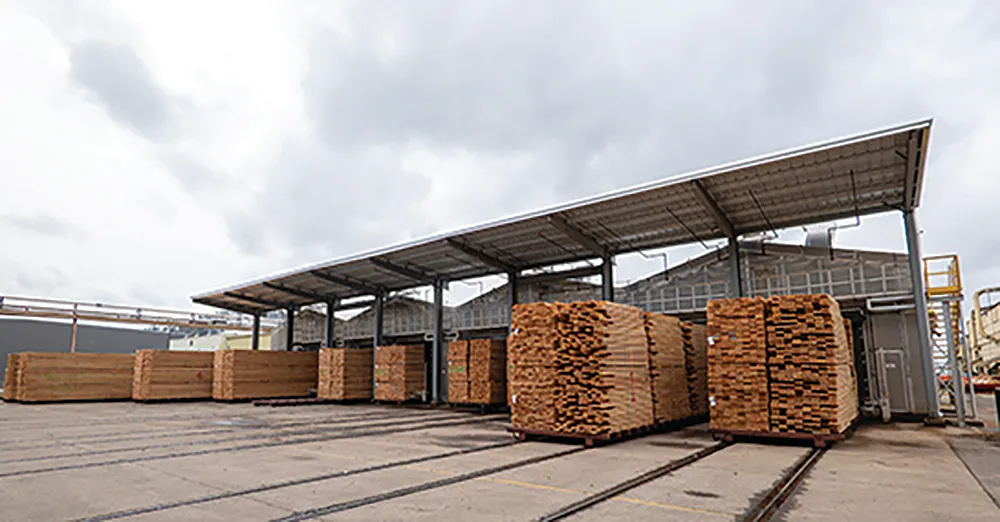Table of Contents
You can take the kid out of Buffalo, but you can’t take Buffalo out of the kid. And that kid, Sam Olson, is the poster child for that town of 400, which barely merits a dot in the far (and empty) northwest corner of South Dakota.
Sam was born there. He left just long enough to get a degree in business entrepreneurship from Black Hills State University, with which came the predictable Dad question: Now what? “My dad was a contractor, so I always thought I’d end up working for him—no concrete plan,” Sam allows.
Well, if the kid had no idea, his dad felt free to supply him with one. At 77, the owner of the town’s hardware store was ready to retire from the business that had hardly changed over his 47 years on the spot, other than ripping pages off the calendar. “It presented an opportunity. ‘Interested?’ asked my dad. ‘Want to help us take this on?’”
Well, why not? “I had zero experience, knew nothing about a POS system (or anything else). I had no idea. But I learned real quick.” Dad put up the cash and Sam the labor. “I was basically an employee, but could build that into ownership. I’d always know that I’d never ‘leave’-leave Buffalo. So I came out, looked at the store, and thought, ‘Why not?’ I was young and bulletproof!
And the town fostered a way of life he cherished. “I liked that a handshake really means something here; you own it, you need to stand behind it. That’s something my parents had instilled in me: Make it right. And people buy into that. Besides, when I agreed to take it on, my parents treated my kid’s dream seriously. They’d do the purchase, and I’d do all the work.”
Work? What work? What drives business in the epicenter of nowhere?
“Ag and cattle,” Sam explains, and just down the road (OK, an hour or two) the fabled South Dakota oil fields, which were bringing in workers: “Lots of young people moving back and businesses coming to town,” Sam noted.
The first day on the job, while doing inventory, the temp grew more stifling by the hour. When Sam went to turn on the A/C, he discovered… there was none. So that became his first purchase, applauded by the retirement-age staffers who’d stayed on to get him started.
Next: a computer system, which helped with inventory. “Previously, everything had been done by hand. But I’ll be honest: I didn’t have the resources and didn’t know where to look.” After installing a POS system, he turned his attention to a musty, overlooked storeroom. “I gutted it, opened it up from 2,000 sq. ft. to 3,500 sq. ft. to use as our paint room.”
Finally, a reset—“a huge undertaking; we added lots of SKUs. New lighting, too. Resets are always extremely difficult, but extremely worth it,” he declares. Afterward, the town’s old-timers would come in and look around, with “I didn’t know you carried….’ We grew the hardware section, added power tools. We revamped the paint section, making it a category. We didn’t reinvent the wheel,” he laughs. “Instead, we adopted [the best practices of] others. Lots of customer interaction. And we worked on training a lot, using online resources.”
Today the operation has morphed into a staff of 10 full-timers. Are new hires hard to come by, a reporter asks? “Well,” Sam ponders, “one benefit—and one detriment—of the oil fields is they brought people to town. But they also brought the demand for competitive wages. It also brought a lot of young people back to their parents’ surrounding ranches, but they needed work while waiting for the old folks to retire, so we got lucky. Our attitude is, we’re gonna help our people, so when they leave, they’ll be happier than when they walked in. And for our customers, we also want to put a smile on their face.”
Those customers are mostly pros (60/40) who build a few houses a year and do repairs and additions—mostly pole barns and livestock buildings. “And we just picked up business in Spearfish, in the Black Hills, where I have a high-school buddy. Housing there is growing exponentially. We drive to a lumber mill there to pick up material, so we might as well bring up deliveries, too.
“We’re adding flooring, windows and cabinets to make it one-stop shopping. The idea is, to keep business right here in Buffalo—because the thing is, once you leave town to shop, you buy everything elsewhere. And we want the whole project. That’s why, after buying Buffalo Hardware in 2012, in 2016 we bought Buffalo Ranch Supply—livestock feed—to keep a local outfit in business, and soon after, purchased Olson Propane, a former gas station. We never set out to grow this way, but those owners were all ready to retire. The acquisitions kind of reset the local culture and got the whole town motivated. It made it all right for others to expand and be successful.”
How to keep on growing the business, then? “Through our culture! We need to focus on making everything right: That’s how we gain loyalty. It’s okay to have a problem—it’s how you handle it, the follow-through.”
Social media to the rescue! Buffalo’s chance to compete with the big boys does not lie in, say, advertising the advantages of a new power tool—“any box can do that! What they cannot emulate—Buffalo’s trump card—are its people.” And Sam builds on that. “We push for photos of our people in our ads to differentiate ourselves. If you can get your staff to tell about why they like a certain product, it’s more personal. It’s not your usual sales flier; it’s more lighthearted, more fun.
“Shaine, our manager, deserves the credit; he likes to poke fun. Every week we feature him in the newspaper—not with a product, but his photo and a riddle. People really look forward to that! His having fun is what makes it authentic. It makes it real.” Check out the home page of the company’s website (www.buffalohardwarestore.com) to spot this crew in action, grinning atop captions that read, “We have awesome stuff!” “Warehouse full of wood!” and “Super-helpful staff!”
Already the outfit occupies four city blocks. So, how and where to grow the business? “We joined a lumber-buying co-op to become more competitive on pricing. With COVID, we expanded our delivery; we added another truck to our fleet to go up against Amazon and the world we’re living in: We had to expand our customer service. It’s one thing they can’t mimic!”
A second location in the works? “We’ll expand in the future, no doubt about it.”
Right now, let’s give young Sam a minute to bask in his recent award as one of the National Retail Hardware Association’s Young Retailers of the Year.
But it didn’t go to his head. “I came home from the ceremony and asked my staff, ‘What if there appeared some competition in Buffalo? What would you do better?’” But there’s one thing no one can top. “Nobody cares about people better that we do!”


